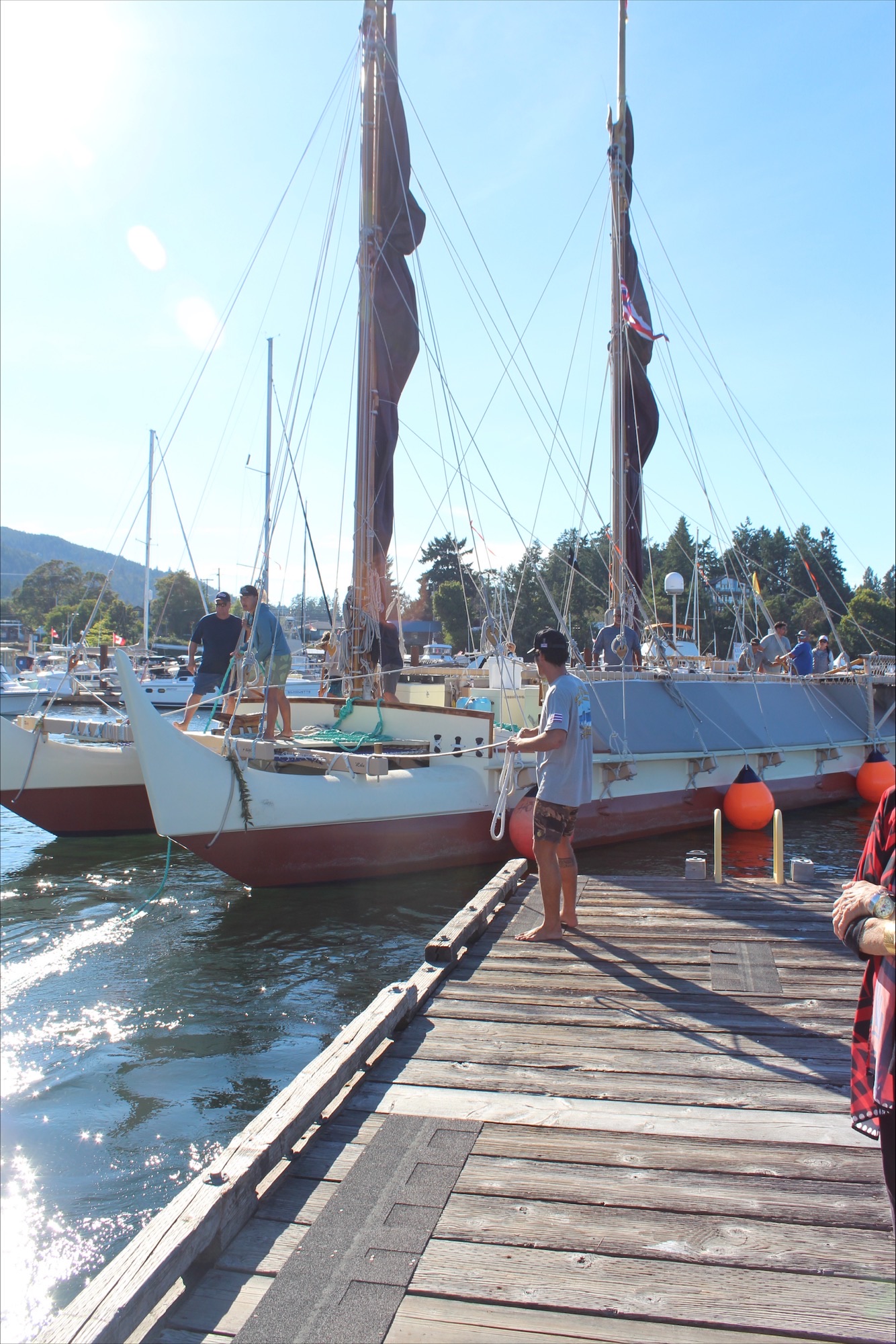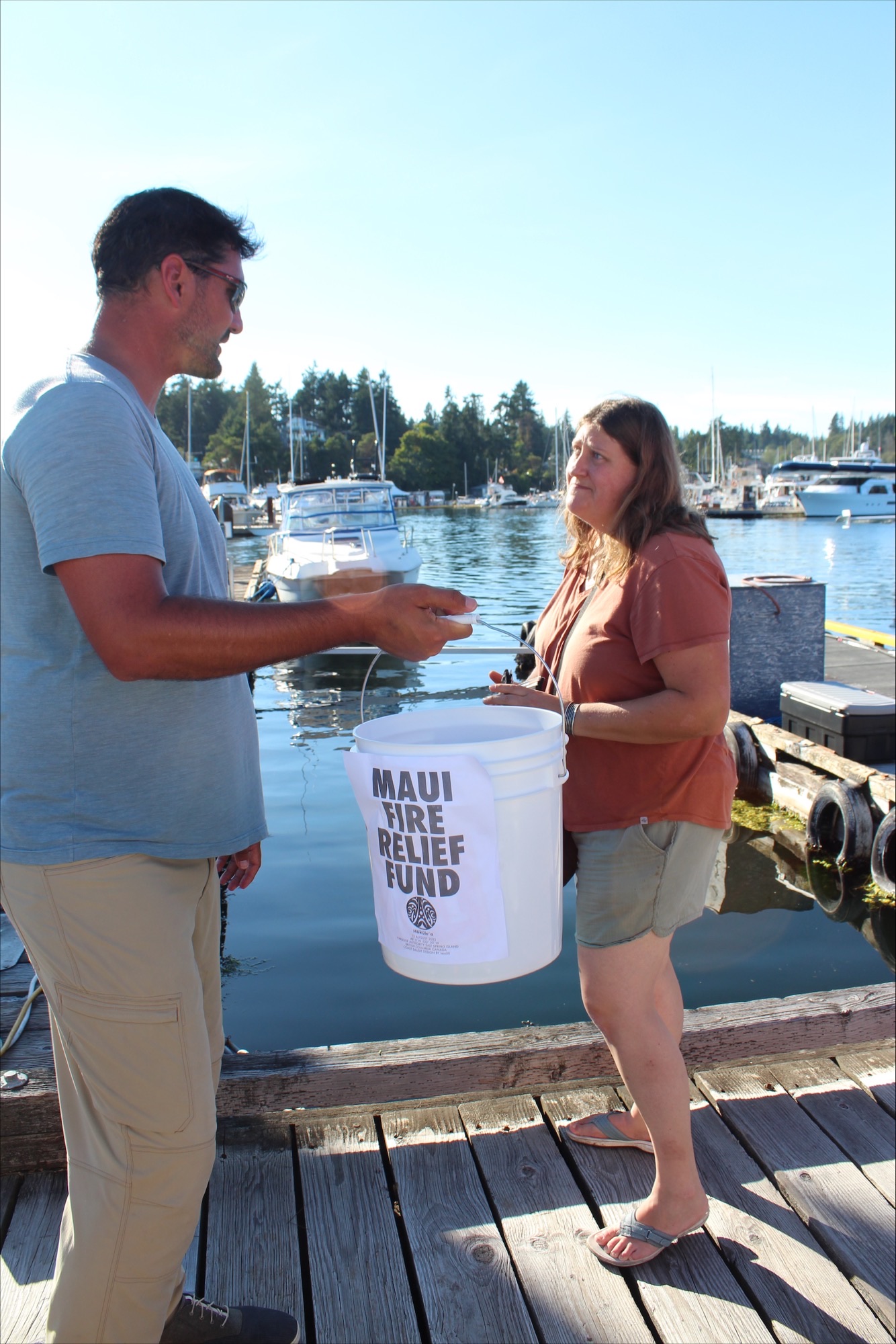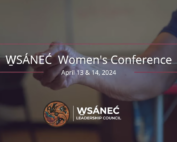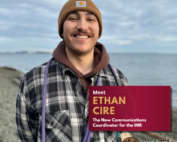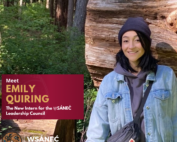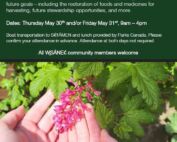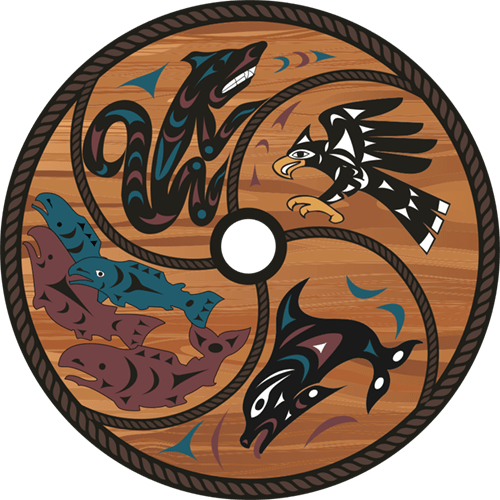On Saturday, August 12th, Hōkūle’a arrived in Ganges on their journey around the Pacific. W̱SÁNEĆ Community Members were there to welcome them to Kanaka wharf. Read on for arrival photos and bios of the Hōkūle’a crew.
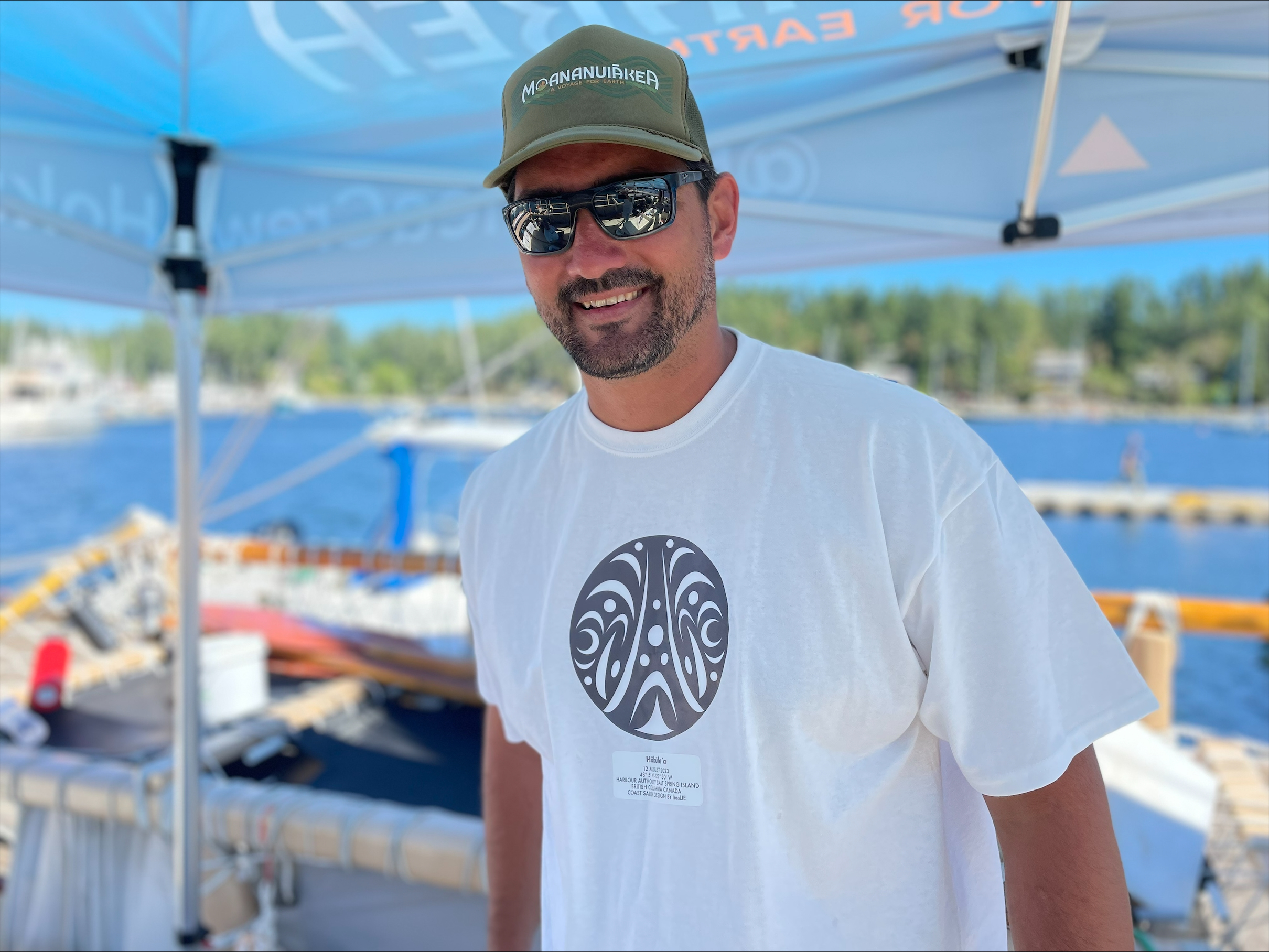
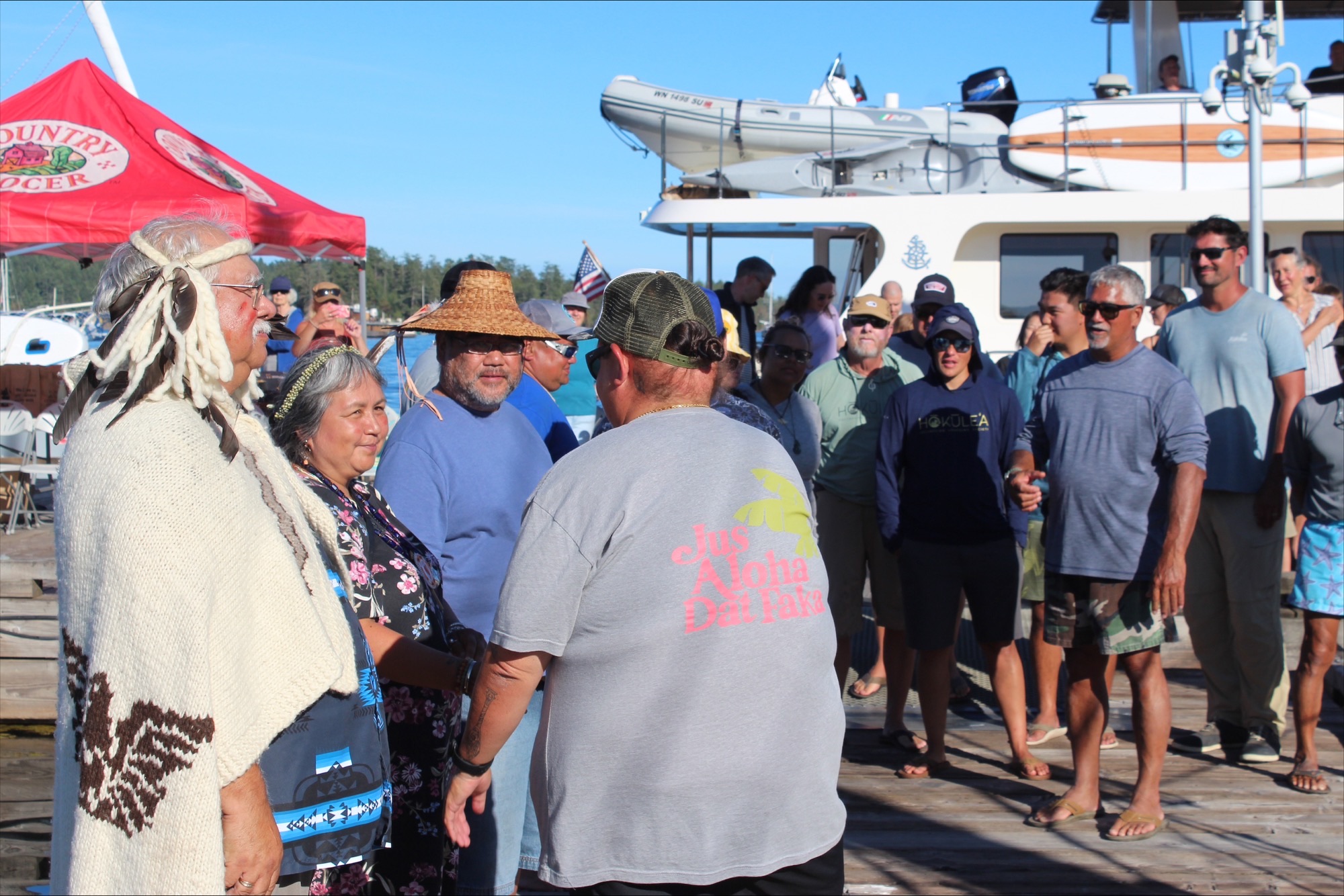
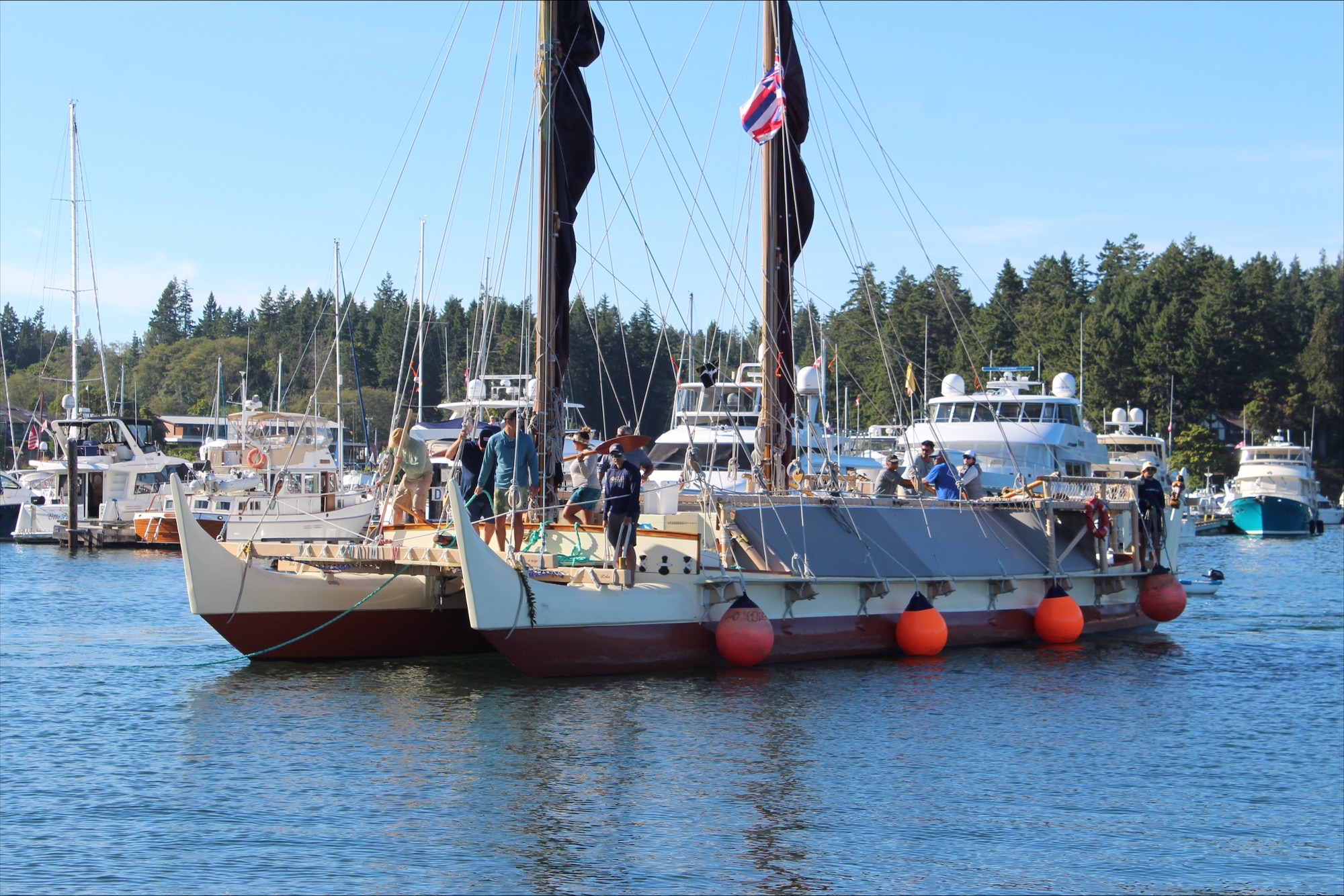
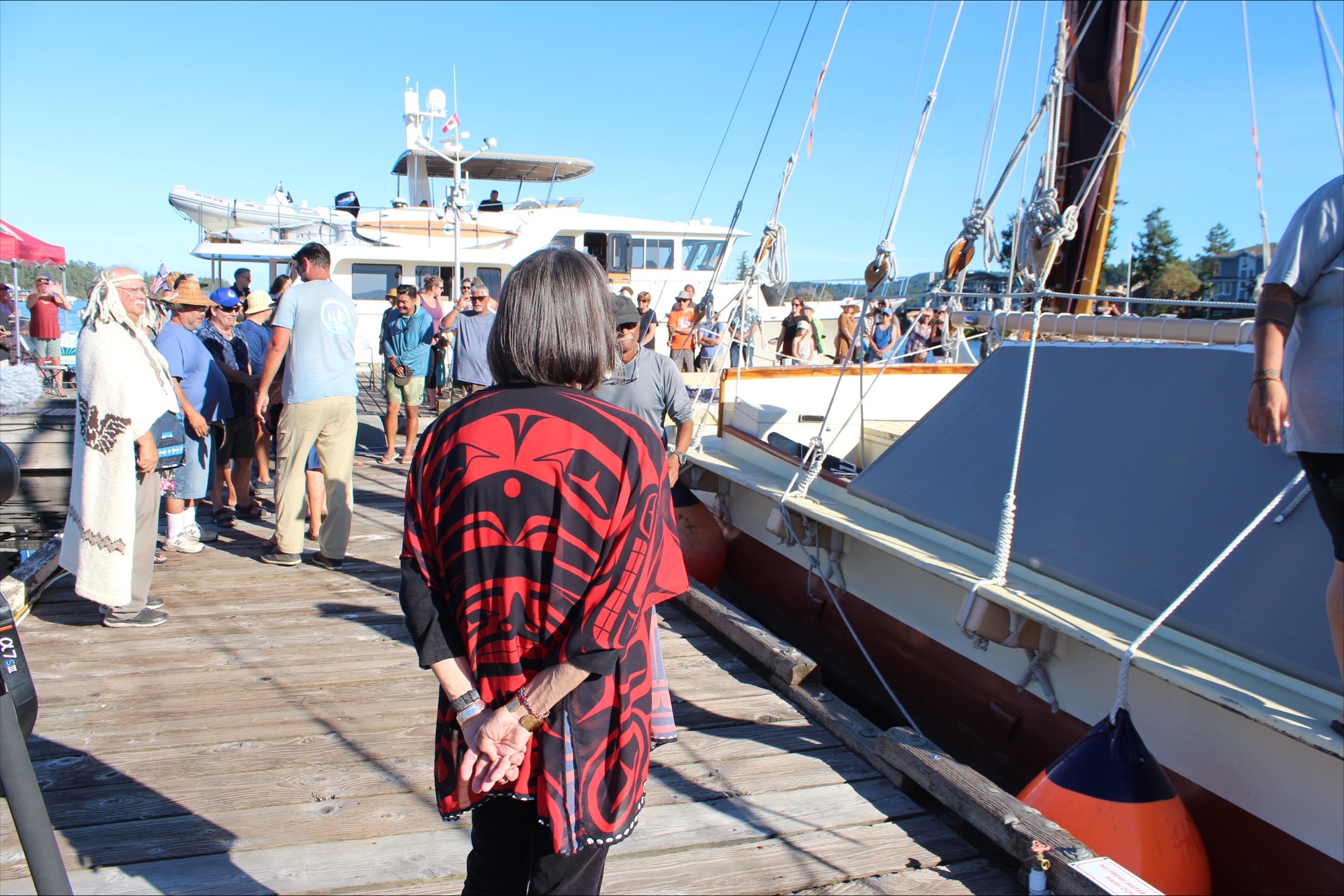
Leg 6 Moananuiākea Voyage
Vancouver, B.C. to Seattle, WA

Bruce Blankenfeld
Hometown: Niu Valley, Oʻahu
Bruce Blankenfeld first sailed on Hōkūleʻa during training sails in 1977 and volunteered in dry dock, learning how to care for Hokuleʻa from his mentor Wally Froiseth. He also studied non-instrument navigation under Nainoa Thompson and Master Navigator Mau Piailug, who honored him with Pwo in 2007.
Bruce has voyaged tens of thousands of miles across Polynesia, the Pacific and the world as captain and navigator of Hōkūleʻa and Hikianalia. He leads repairs and maintenance of both canoes and serves as Voyaging Director and board member for PVS, while also working as a stevedore.
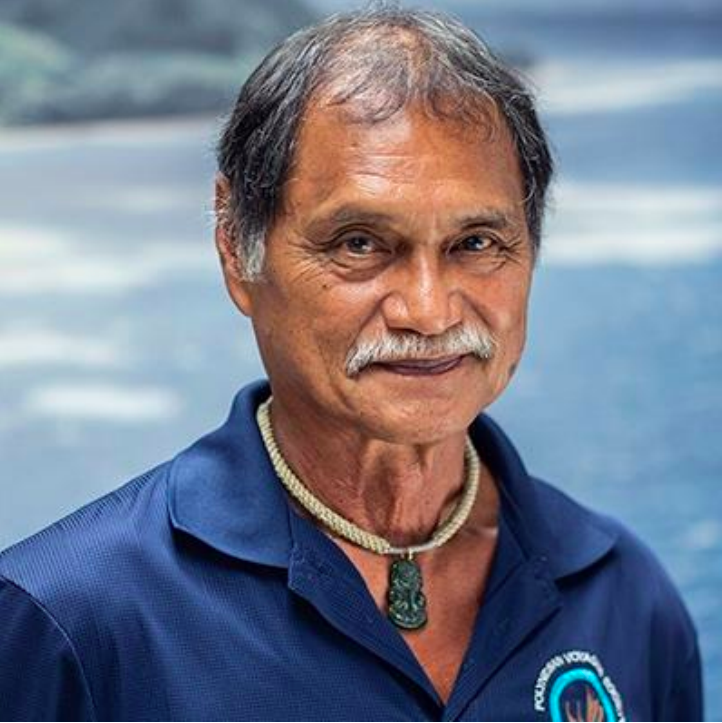
Gary Yuen
Hometown: Kailua, Oʻahu
Gary Yuen is among our veteran voyagers having first sailed on Hōkūleʻa more than 35 years ago when Hōkūleʻa returned in 1987 from the Voyage of Rediscovery through Polynesia to Aotearoa. Gary has voyaged many, many times since then, so itʻs no surprise that, when asked what Hōkūleʻa means to him, he simply replied, “life.” His hope is to see Hōkūleʻa live on through the youth growing and learning with her, and eventually taking on leadership roles.
Gary is retired and “enjoying life” now; hopefully that means he has more time to voyage on Moananuiākea, where he hopes “to see the progress of the younger people coming up”. Gary is known among crew to be an outstanding cook on board; whoever shares the deck with him knows theyʻll have his delicious meals to look forward to.
When voyaging, Gary aims to “absorb the whole adventure” of being at sea. And when heʻs back on land, he yearns “to be out there in the open.”
Jonah Apo
Hometown: Nuʻuanu, Oʻahu
Jonah says heʻs “been hooked to the waʻa ever since” he first sailed on a waʻa kaulua in 2016. That was on Hikianalia with the Papa Kilo Hoku at Kamehameha Schools. That led him to join Nā Kelamoku, Kānehūnāmoku Voyaging Academy, and the Polynesian Voyaging Society. Now as a college student, he is sailing on Moananuiākea. “I want to be a part of this voyage to contribute to the important mission that voyaging can share,” he says, “I am inspired by the relationships that we have (and will be made) with all the places where our ocean connects us.”
Jonah calls Hōkūleʻa “a symbol that our kupuna were extraordinary explorers. The canoe is a magnet that pulls us to follow the paths of our ancestors and continue the perseverance of our ancestral knowledge.” He carries a vision of “voyaging canoes used in everyday life by all generations, fleets of waʻa traveling together across the ocean together, maybe even regatta races of waʻa kaulua between Hawaiʻi and Tahiti.”
Jonah says when heʻs not sailing, he misses “the ability to be present with the ocean without the distractions of our busy lives on land. Not having to worry about my email is always a great plus.” And when he is voyaging, he has but one craving: Zippyʻs Korean Chicken.

Hometown: Waikapū, Maui
Through voyaging, Hulukoa strives “to become the best I can be in every capacity. To grow as a mariner, navigator, Hawaiian, and as a man. To know where I’ve come from and how to get where I’m going in life.” Many of his heroes are Hōkūleʻa crew members and so he feels “honored” to be voyaging in Moananuiākea and to help represent and spread the message of Aloha and Mālama Honua around the ocean that I grew up loving with my every essence”.
Moani Heimuli
Hometown: Koʻolaupoko, Oʻahu
Moani has been involved with Hōkūleʻa since she first sailed on her as a freshman in High School, in the ahupuaʻa of Hakipuʻu in 2007. She has sailed Hōkūleʻa and Hikianalia countless times, including during the Mālama Honua Worldwide Voyage. She is a watch captain and often captain of the escort boat on coastal sails. She is also a waʻa builder.
It is easy to understand what continually draws her to voyaging as she explains that “To me Hōkūleʻa is the connection to the past and future. She is a symbol of cultural pride and hope for the future.” And while she sees herself as a student, always learning, that only serves what she sees as kuleana to the next generations: “By voyaging I want to gain knowledge and pass on knowledge.”
When voyaging, there is no cooler and no way to keep things cold on the canoe, so the one thing Moani craves while at sea is something many landlubbers may take for granted: ice water. But when at home, she says “I miss the action of the ocean and everything she throws at us.”
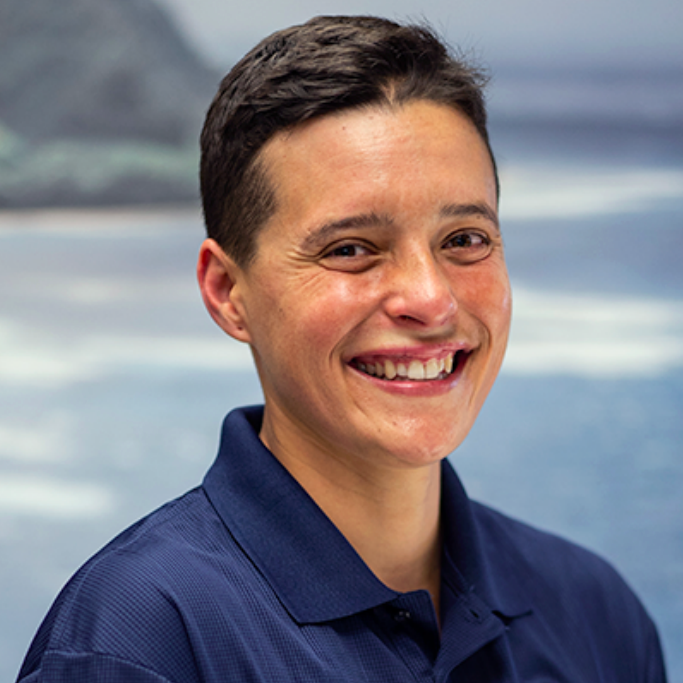
Hometown: Pālolo, Oʻahu
When asked what at Hōkūleʻa means to her, she replies “He waʻa he moku, he moku he waʻa. Hōkūleʻa is the opportunity to live up to our highest principles and practices for the betterment of the lāhui and the world.” She says she is “inspired” by Moananuiākea’s “mission to unite a global community around a love and protection of the earth. I wish to participate to help to spread that work while rooting it in the principles of aloha ʻaina.” Heoli sees voyaging as a way to “fulfill my kuleana to my lāhui, kupuna, and ʻohana.”
When voyaging, Jamaica says she most misses “Cuddles with my wahine and babygirl <3, and ice water.” And while back in her every day life on land, what she misses most about being at sea is “sleeping in the hulls of the canoe, singing with the crew, eating Uncle Garyʻs food, listening to Uncle Bruceʻs stories.”
 Dan Kinzer
Dan KinzerHometown: Makiki, Oʻahu
Dan was born in Los Angeles, California near the traditional territory boundaries of the Chumash and Tongva peoples, but is a citizen of the world, having traveled through and lived in nearly 100 countries, all major oceans and continents. Now he calls Hawaiʻi home, where he is Expedition Guide and Lead Community Technologist at the Purple Maiʻa Foundation.
When out at sea, Dan says he misses “time with my ʻohana,” and what he misses about being at sea when back on land is “being so deeply connected and aware of all of the elements in Nature.”
Mark Amundson
Hometown: Kuliʻouʻou, Oʻahu
Mark is a veteran voyager having first sailed on Hōkūleʻa in the late 1990s. He also sailed Hikianalia from Hawaiʻi to California on Mālama Honua, the Worldwide Voyage. Mark serves as Watch Captain, carpenter, and does education outreach; he also gives much of his time during dry dock.
Mark is ever mindful of Hōkūleʻa’s reach, saying “She is our Mama, she takes care of us while we’re out in the ocean. She represents all the people of Hawaiʻi. All the people who have sailed her are still with her; therefore, with us.” He believes in the importance of perpetuating voyaging and raising “awareness of our oceans and the state of them all,” he says, “keeping them alive and thriving.” The Moananuiākea Voyage gives “us a chance to connect with people throughout the Pacific and trade ideas for protecting our oceans. Our earth is in trouble, we must come together and find a way to set things right.”
When voyaging Mark most misses “ice cold water,” and when heʻs back home working as a longshoreman, what he misses most about being out at sea is “the solitude and beauty of the ocean.”
Tom Huska
Hometown: Tsawwassen, BC, Canada
Although from British Columbia, where he still lives and has now retired as a Captain in the Vancouver Fire Department, Tom is a veteran sailor on a waʻa kaulua. He first sailed on Hōkūleʻa within Hawaiʻi in 1990, then in 1995 he voyaged on Hawaiʻi Loa from Vancouver, B.C. to Alaska. He has since sailed several times on Hōkūleʻa in Hawaiʻi and to Papahānaumokuākea.
Sailing on Hōkūleʻa “means to be a part of something bigger than myself, a worthwhile movement, philosophy and a way of life,” Tom says. And he looks forward to sharing that through open conversations “with the peoples we visit and communicate with,” in addition to discussions about the problems our oceans face, “while searching for answers.” This is also why Tom looks forward to Moananuiākea as voyaging “always grounds me, makes me feel I am contributing to something greater, not just taking from life, but giving back,” he says.
While out at sea, Tom most misses “a soft bed and a nice washroom.” What he misses about voyaging while back in his everyday life is the camaraderie built on having “a common goal amongst the voyagers.”
Terry Hee
Hometown: Honolulu, Hawaiʻi
Terry has been involved with PVS and Hōkūleʻa for more than 45 years. He first sailed on Hōkūleʻa when she visited Maunalua Bay in 1977, the year after her maiden voyage. He has been on many voyages since on the canoes and as the escort boat captain. Hōkūleʻa means “Adventure; never a dull moment,” he says.
When it comes to voyaging and what he hopes to see it accomplish, Terry says “We have done many good things already; the mission is to take care of island earth.” In addition to supporting Moananuiākea’s mission, Terry says he wants “to help out Bruce and Nainoa and their quest to train the young guys.”
After logging thousands of miles at sea, Terry can quickly say what he craves most from his everyday life on land: “ice cream.” And what he misses most about being out at sea is that there are “no distractions when you are out there.”

Brittany Kamai
Hometown: Waiʻanae + Pauoa, Oʻahu
Brittanyʻs lifeʻs work is dedicated to the heavens and the ocean, as an Astrophysicist and Conservationist. Her first time on a waʻa kaulua was just a year and a half before the start of Moananuiākea. She was invited on Hōkūleʻa for a training sail in Mamala Bay.
Brittany says Hōkūleʻa “is one of the most powerful, healing forces on the planet by centering us to be the best version of ourselves. Thanks to Hōkūleʻa and all of the many hearts that breathe life into her, I could see the wisdom of our Pacific Islander peoples broadcast beyond our shores. She inspires me as I watch her move people into creating a better life for themselves, their ʻohana, community and humanity.” For herself, she says “Hōkūleʻa has always brought me hope. I could always see powerful Hawaiians doing amazing things and be able to say to others ʻSee, we are amazing, no matter what you folks say.” She calls Moananuiākea her “favorite person” she loves to spend time with. She says this voyage “resonates deep within my soul and the reason I moved back home. This voyage is wrapping our arms around our beloved ocean by connecting our broader Pacific ʻohana who shares this reverence. Our Pacific Ocean desperately needs us and we need her. This voyage is going to help more people understand their kuleana to support her. “
When sailing Brittany craves her “soft cozy bed and snuggling with my loves” at home. When on land, back in her everyday life, what she misses most about being at sea is “Presence. Spending quality time with the ocean. When youʻre out at sea, you spend hours listening and talking with the ocean.”
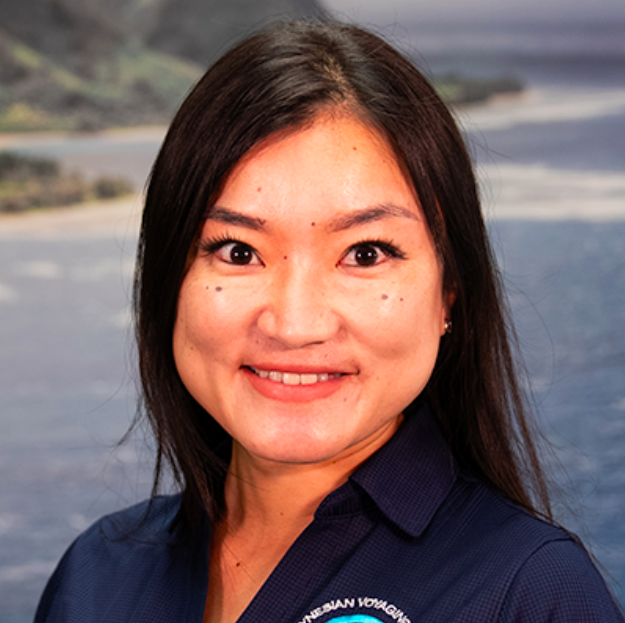
Shoko Ogata
Hometown: Tokyo, Japan
Shoko is from Tokyo and says she was inspired as a child hearing the story of Hōkūleʻa voyaging and finding islands guided by the stars. Shoko says “It made the impossible possible, the past present and now connecting to the future.” It also nurtured a passion for the water. “I just love being on the ocean,” she says. Little did she know she would be in Hawaiʻi, end up contributing to the care of our canoes in dry dock and sail on a waʻa kaulua for the first time in 2021.
Shoko says Hōkūleʻa is a “dream come true.” She says what inspires her about the Moananuiākea voyage is that a canoe, so small on the vast ocean, “can carry so many wishes, thoughts and dreams of people across the world with different cultures and races, and that connects us as one.” Shoko looks forward to being “a liaison to connect the people and to spread awareness of the ocean and of cultures.”
When out at sea, Shoko craves the basic comforts of life at home – a soft bed and shower. But when at home, what Shoko misses most about being at sea is the “sound of water hitting the hull.”
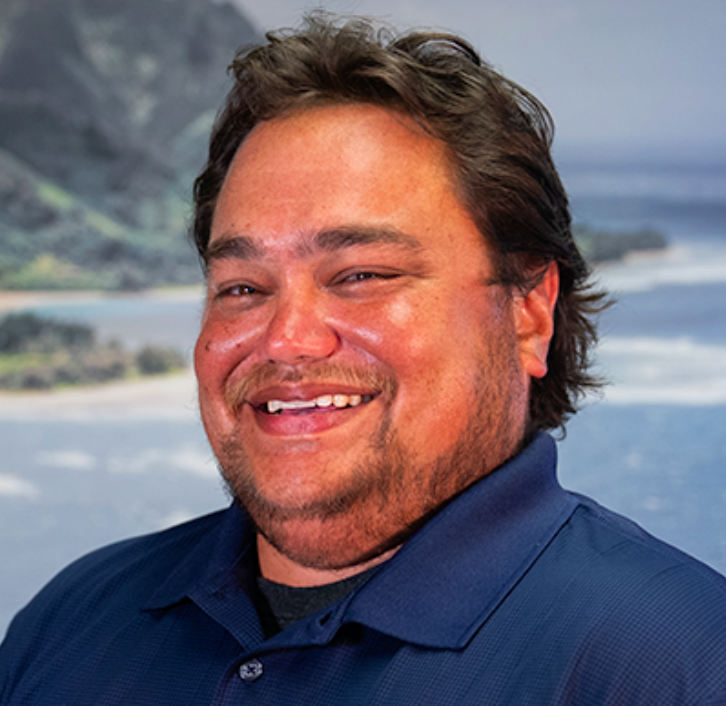 Kaiola Yuen
Kaiola Yuen
Hometown: Kailua, Oʻahu
Sailing is in Kaiolaʻs blood. He is the son of veteran Hōkūleʻa crew member Gary Yuen and his first time sailing on a waʻa kaulua was as a 6 or 7 year old on Hōkūleʻa. He is now a Merchant Marine. To Kaiola, Hōkūleʻa means “a connection to my ancestors/culture as well as my dad.”
Kaiola says he looks forward to learning “about other native cultures around the world” during the Moananuiākea Voyage. He says through voyaging he hopes to see “better care taken of our oceans and better practices while harvesting fish and other things from the ocean.”
For Kaiola, there is so much to love about being at sea. Experiences are different every day, he says, as well as the “chance to catch fish we donʻt have in Hawaiʻi.” When he is back at home in his everyday life he misses “the adventure” of being at sea and “the sound of the waves on the hull and the rock of the boat.”
Micah Desoto
Hometown: Makaha, Oʻahu
Micah was only six years old when he first sailed on a waʻa kaulua – Hikianalia – during a community event. Since then he says he also “had the privilege to sail on smaller waʻa like Kūmau for different Na Kama Kai events, sharing waʻa kaulua knowledge with the Waiʻanae region of Oʻahu.” Micah is now the Ocean Clinic Coordinator for Na Kama Kai, founded by his father and Hōkūleʻa voyager Duane DeSoto.
Micah says seeing his father sail during the Mālama Honua Worldwide Voyage “inspired me to deepen my ocean knowledge.” Now being able to sail on a voyage himself, he says “it would physically and metaphorically expand my horizons, opening up my mind and life to new knowledge.” Micah says “Hōkūleʻa is, and always will be, a way for our people to reconnect with our kupuna, ʻaina, and kai. Sailing on waʻa like Hōkūleʻa allows our lāhui to continue to perpetuate our ʻike kuʻuna kupuna.” He says he looks forward to being challenged in news ways every day on the waʻa, and that voyaging deepens his connection to his “kupuna and the ocean, as well as learn more about myself along the way.”
Micah says he misses his ʻohana when out at sea, and when heʻs back on land, what he misses most about being at sea is “The smallness. When youʻre out on a waʻa, you realize just how big the ocean as well as our islands are. It brings you a sense of gratitude and humility and you see just how small (and big) your presence can be.”




